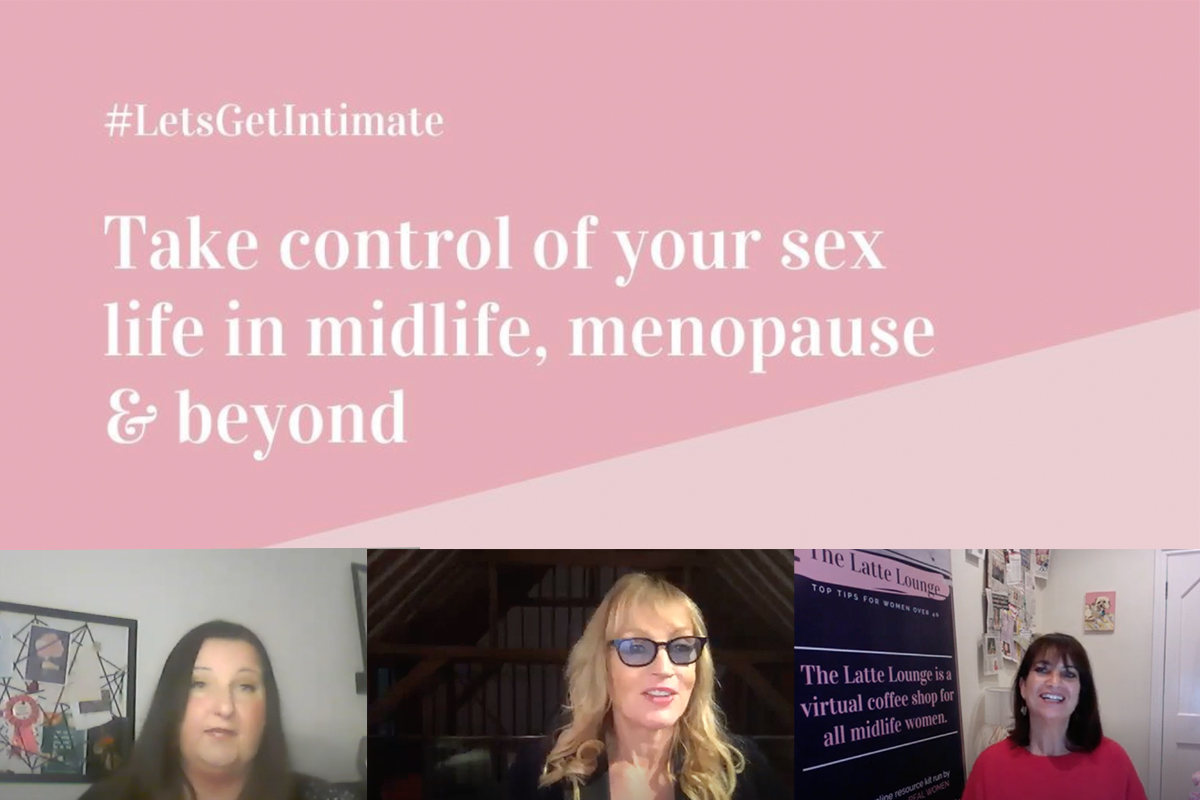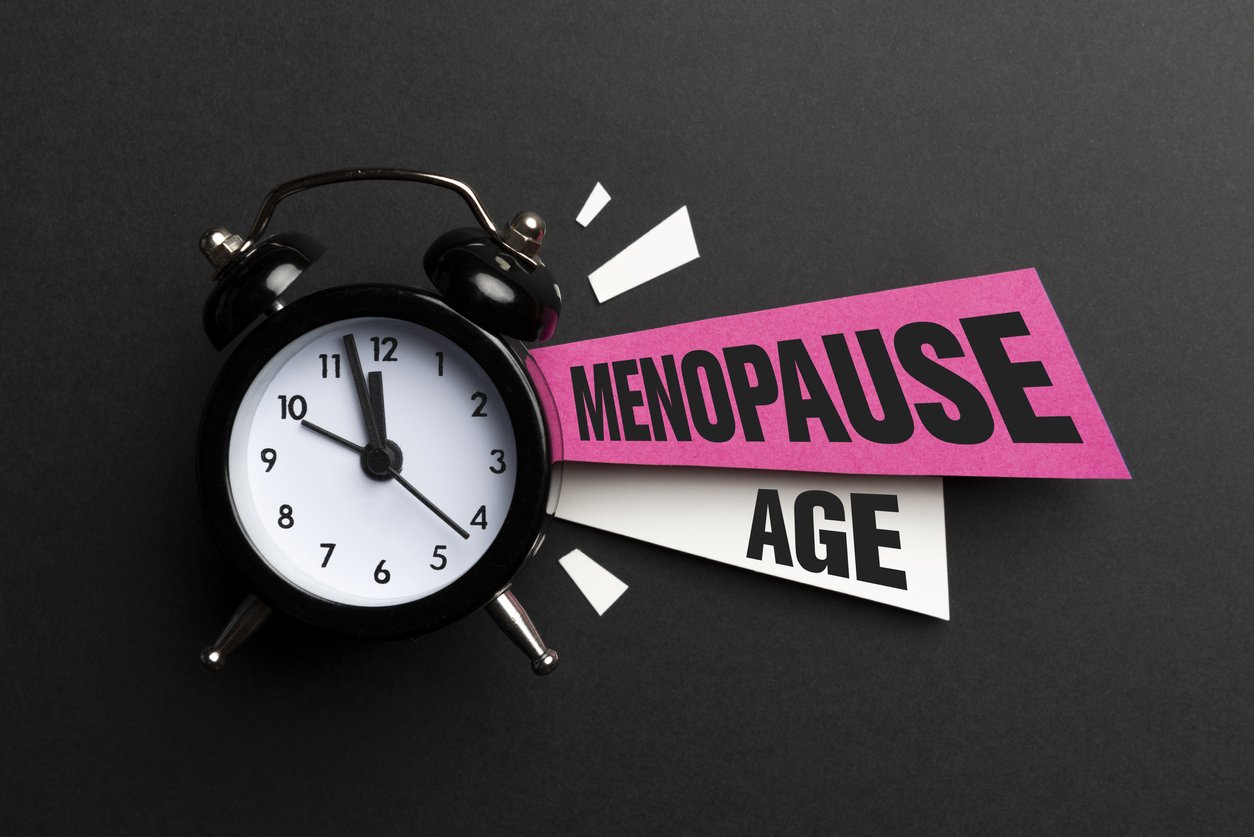Sarah Doherty answers one of the most top midlife questions from clients.
In long-term relationships, there are always periods when sexual intimacy is lacklustre. As a sex therapist I often hear worries from women like these;
- “I rarely feel in the mood for sex these days”
- “I just don’t seem to fancy my partner anymore
- “How do I start wanting sex with my partner again? I just don’t have any spontaneous desire!”
I will start by answering that all these feelings are normal and can change easily. It’s about understanding what’s happening. Firstly let’s look at the truth about women’s sexual desire and how it differs from men’s. Women’s desire is more often responsive rather than spontaneous and can be very sensitive to the context. What that means is if the relationship is in good shape and there’s no lingering upset and your lifestyle is manageable, then your body and mind will be more likely to respond to loving touch and desire will be created by that caress or hug; even if it does takes a while to stoke the embers into a fire.
Suppressed Feelings
What that also means is that if you aren’t happy with your partner and you can’t talk about things, then a hug or caress can feel the opposite, irritating or even downright repulsive! Often your body’s response to your partner is a sign that you need to spend more quality time or go back to that disappointment or hurt feelings that everyone is avoiding. Your body doesn’t avoid it and will begin defensive strategies to keep your partner at a distance if you insist on suppressing or avoiding something that needs airing!
Gender Differences
It’s also helpful at this point to talk about gender differences that don’t get much publicity. Men’s desire is mostly, but not always spontaneous, sexual thoughts just pop into their minds whilst mowing the lawn! It can also be assumed that a man with an erection is turned on and ready; that the body matches the mind. This can be true also for women but there’s far more variety. A woman’s genitals (being wet or dry) do not necessarily match the mental arousal. Women’s arousal is far more subjective and about the context again, whereas men’s desire is far less negatively impacted by what’s going on in his life! However, stress, tiredness or an ongoing upset can all dampen a woman’s sexual desire.
What’s clear then is the sexual thoughts you had when you were single may not happen as much when you are in a long-term relationship! That’s normal for women and there’s nothing wrong with your sexual desire if you’re still responsive, motivated and think intimacy is important.
If you don’t there’s likely a relational upset that’s not being dealt with constructively or your body is defensive because of a previous trauma or what’s know as an early attachment injury, where trusted caregivers have been neglectful, abusive or even just preoccupied because of the circumstances of the family. If you are still carrying this hurt and mistrust you may well struggle to get vulnerable sexually. Easier with a one night stand, but harder with someone you love and are invested in. There’s so much more to lose.

Your sexuality is unique
So remember your sexuality is as unique as your face, so don’t label yourself as abnormal or not good enough. Accept your sexuality as perfect just as it is rather than longing to fit a cultural stereotype or expectation set up by your partner.
Your arousal is quite a lot about context and letting go in your body, widen the lens to consider what else is going on in your life before you conclude you don’t fancy your partner anymore. Take time out to create the context that’s needed to spend quality time with your partner both intimately and generally having fun, accept that spontaneous sex is far less likely with a busy family and work life. We plan everything else that’s important to us; a night watching our favourite band, going to a popular restaurant and seeing valued friends so what’s going on with the idea that you don’t need to plan time for intimacy with your partner? Of course you do!

By Sarah Doherty
Sarah Doherty, BA (Hons), FdA, PG Dip, MBACP, COSRT (Accred) is a relationship counsellor and sex therapist. Since 2009 she has been helping hundreds of couples and individuals to create more satisfying relationships and sexual intimacy.





